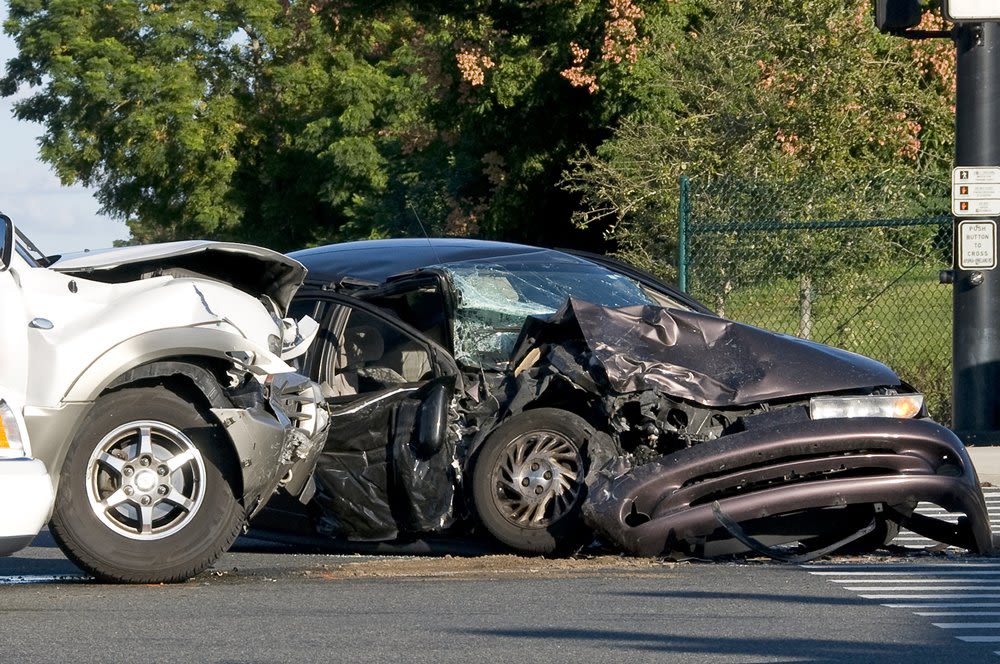
Driving While Intoxicated (DWI) is a serious offense in Texas, carrying significant consequences. You should know what you're up against if you've been charged with a DWI. In Texas, a person commits a DWI if they operate a motor vehicle in a public place while intoxicated. Intoxication is defined as not having the normal use of mental or physical faculties by reason of the introduction of alcohol or drugs or having a blood alcohol concentration of 0.08 or more.
The penalties for a DWI conviction can include hefty fines, imprisonment, suspension of your driver's license, and a permanent criminal record. These consequences can have a lasting impact on your personal and professional life, making it essential to address your charges with the help of a dedicated attorney.
Options for Reducing DWI
Although a DWI charge is a serious matter, there may be options available to reduce or even dismiss the charges. The process can be complicated and usually requires the services of a skilled criminal defense attorney. Here are four potential strategies to consider:
Challenge the traffic stop: If the initial stop was conducted without probable cause, it may be possible to have the evidence gathered during the stop dismissed. This can undermine the prosecution's case significantly.
Examine breathalyzer accuracy: Defending against the reliability of breathalyzer tests can be effective. If the device was not properly calibrated or maintained, or if the test was administered incorrectly, the results may be contested.
Negotiate a plea bargain: Negotiating with the prosecution may lead to a plea deal that allows for reduced charges or penalties. This approach can sometimes result in less severe consequences, such as a lesser charge of reckless driving.
Consider deferred adjudication: In certain situations, a defendant may be eligible for deferred adjudication, which can allow them to avoid a conviction by completing specified requirements like community service or alcohol education programs. Upon successful completion, the charges may be dismissed.
Seek alternatives to incarceration: In some cases, first-time offenders may qualify for alternative sentencing options that avoid jail time. Programs such as alcohol education classes or treatment programs can demonstrate to the court a commitment to addressing substance use challenges, which might influence leniency in sentencing.
Explore medical conditions: If there are underlying medical conditions that may have affected a person's performance on sobriety tests, this information can be crucial in your defense. Conditions such as diabetes or neurological disorders can mimic intoxication symptoms, providing a basis for challenging the charges.
Gather witness statements: Testimonies from witnesses who were present at the time of the alleged offense can be valuable. Their accounts may support your version of events, highlighting factors like erratic driving due to external conditions rather than intoxication, which could strengthen your defense and potentially lead to dismissal or reduction of the charges.
Building a Strong Defense
A robust defense strategy is essential when seeking to reduce or dismiss a DWI charge. This process involves scrutinizing every aspect of the case, from the initial traffic stop to the administration of sobriety tests. Your attorney will meticulously examine the evidence to identify any potential weaknesses in the prosecution's case.
Challenging the legality of the traffic stop is a common defense strategy. If law enforcement lacked probable cause to initiate the stop, any evidence obtained afterward may be deemed inadmissible in court. Additionally, questioning the accuracy and reliability of field sobriety tests and breathalyzer results can also build a strong defense.
DWI Laws in Texas
Texas has stringent laws to deter and punish DWIs. Understanding these laws is critical when you're seeking to reduce or dismiss a DWI charge. First-time DWI offenders face penalties such as fines up to $2,000, up to 180 days in jail, and a license suspension for up to one year. For repeat offenders, the penalties become even more severe, with increased fines, longer jail sentences, and extended license suspensions.
Also, Texas has a "zero tolerance" policy for drivers under 21. This means any detectable amount of alcohol in their system can lead to a DWI charge. The consequences for underage DWI offenders include fines, community service, mandatory alcohol education programs, and license suspension.
Criminal Defense Attorneys in Kaufman, Texas
At Harrell & Paulson, we are proud to serve the Texas communities of Kaufman, Forney, Terrell, and Rockwall with knowledgeable and responsive legal representation. Our team of experienced criminal defense attorneys is committed to helping you through the challenges of a DWI charge, offering clear guidance and honest advice. Entrust your legal concerns to us and take the first step toward resolving your DWI charge by reaching out to Harrell & Paulson today.



